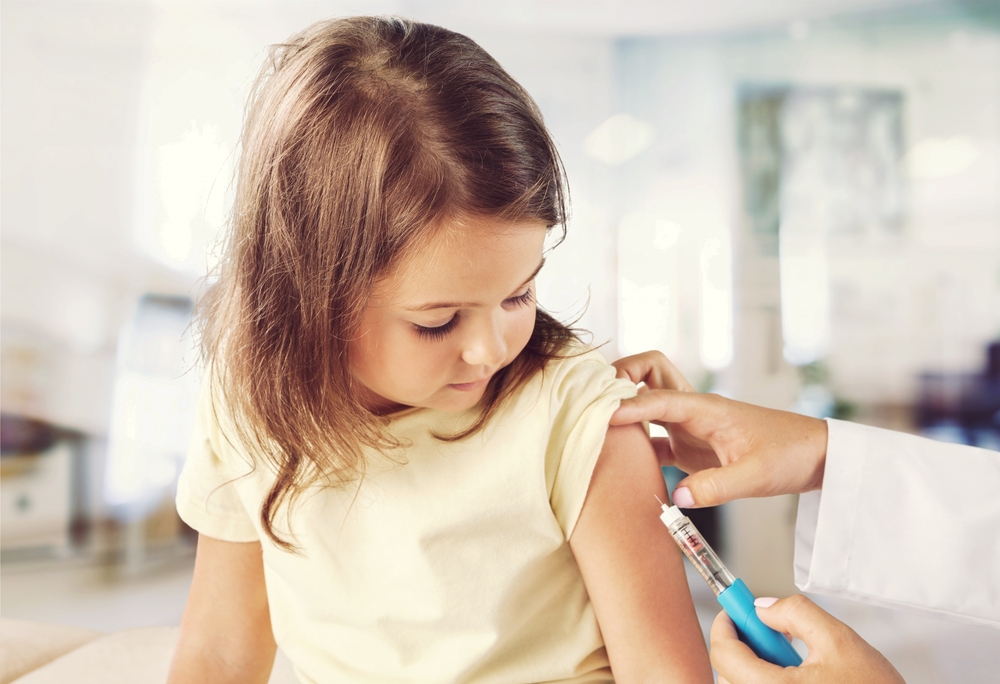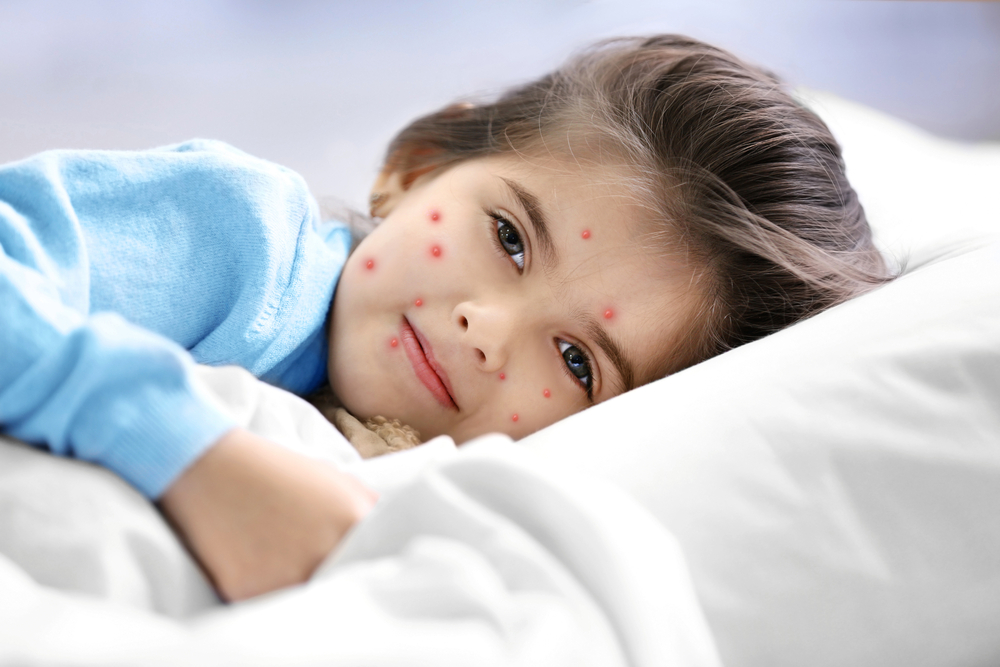Your guide to vaccines and why they are important

Childhood vaccines can seem overwhelming when you are a new parent; as you hear different advice and inputs about how important they are and which schedules to follow and what types to take!
So, I’ll keep it simple for you by highlighting that vaccinations not only protect your child from deadly diseases, but they also keep other children safe by eliminating or greatly decreasing dangerous diseases that used to spread from child to child.
Before going into details about the importance of vaccines, I would like to state that if we made a poll and asked people all over the world if they wish that there was a vaccine against COVID 19, I am sure that most people if not all will say yes!
Now, let’s start with the history of vaccines
The first person to thought about vaccines was an English Doctor called Edward Jenner in 1796, he started experimenting and took scraps from cowpox lesions and injected them into an eight year boy, who showed immunity to smallpox disease.
Doctor Jenner concluded after a lot of work that small amounts of cowpox can protect humans against smallpox disease.
This was the foundation for modern vaccinology, since then till now Scientists and Doctors have been working to develop effective, safe vaccines which are available now.
What is a vaccine?
Vaccine is a biological material; if given to a person will stimulate his immune system to recognize it, so if this person is exposed to the disease his body will produce antibodies to defend against it and he will be protected.
Vaccines can be either:
- Live Attenuated: which means that the virus that causes the disease is weakened several times in the laboratory , so when it is injected into the body it will cause induction of immunity , but being very weak, it will not cause disease, examples of such vaccines are: Measles & Rubella vaccines.
- Killed Vaccines: in this case the biological material is killed and made by special antigenic techniques, either by attaching to inert material or part of toxins, so it will induce immunity that will protect against the disease. Example: Pertussis Vaccine.
- Antitoxin: these are special materials that neutralizes the toxins produced by certain pathogens and prevent the disease. An example would be Rabies Vaccine; if the antitoxin is given during the incubation period the disease will be prevented.
But, why are we giving vaccines all this attention?
It’s because vaccines are considered one of the best inventions in modern history as many fatal diseases have almost disappeared, good examples supporting this fact would be:
- Smallpox, which has disappeared from the world since 1977, to the limit that the World Health Organization recommended to stop vaccination against it!
- Poliomyelitis which used to kill many people or leave them having several forms of paralysis and disabilities is now very rare and many countries in the world are Polio -free, other countries are almost Polio- Free with very few cases announced.
- Measles used to come in endemics and killed many people and now it is rare too.
- Rubella, it is usually a mild disease but if it affects pregnant women with no immunity to the disease it may lead to what we call Rubella Baby Syndrome which causes mental disability, heart disease and may be fatal.
Vaccination programs
Each country has its own vaccine schedule according to the disease burden and its prevalence, but there are vaccines which are compulsory all over the world such as: DTP, Polio, MMR and HIB.
Some vaccines are given only in endemic areas such as yellow fever vaccine.
Efficacy and Safety
Modern vaccines are effective by complete protection against the disease or the symptoms of the disease will be mild and without serious complications.
Most of recently available vaccines are safe, but there are sometimes complications, most of them are mild: like fever, mild irritability, local reactions such as swelling and redness.
These complications do not contraindicate further vaccinations, as the benefits of vaccination in protecting against those fatal diseases surpass the mild complications listed.
In rare cases, some patients might have serious complications like Anaphylaxis, seizures in such incidents it’s the decision of the doctor whether to carry on or stop vaccinations that cause those reactions. This is based on case by case evaluation by the Doctor.
Some people are still under the impression that vaccines may cause Autism, this belief has been completely denied by medical research and there are plenty of research to support this statement.
Who must take the vaccines?
- All babies and children must receive vaccines according to a set schedule.
- Adolescents should receive vaccines recommended for age especially before going to camps or universities.
- In case of epidemics.
- Old age people, after 65 years need to have their recommended vaccines.
- Seasonal vaccines like flu vaccine.
Who should not take vaccines?
- There are some situations where vaccines can’t be given as in immune compromised patients due to different reasons.
- Live attenuated vaccines can’t be given to people who are in contact with immune compromised patients.
- Some vaccines can’t be given to pregnant women.



















